
Joshua Keating summarizes a fascinating new paper by PVG’s own Page Fortna on why terrorism persists despite its strategic ineffectiveness.
In Burundi, the state can’t do away with formal democracy, but it can repress to a degree that the opposition is extremely disadvantaged.
How unique is the extremism of the Islamic State?
Tunisian activist Amira Yahyaoui fled Tunisia in 2004 only to return following the country’s revolution, becoming an important national figure. As you might guess, she has some interesting thoughts on democracy promotion and human rights.
The deeply moving personal story of the only openly gay North Korean defector on gay life under communism and his adjustment to life in South Korea.
The slow, thankless work of gathering evidence of Syrian war crimes builds the foundation for a hypothetical future tribunal.
Beautiful writing on a tragic subject: Bridget Conley-Zilkic on the complicated, but very real, origins of migrants dying at sea.
Sudan has long presented itself as an “island of stability” in a troubled region. Going below the surface, however, reveals Khartoum’s role in stoking nearly every regional conflict.
Egyptian President Abdel Fattah al-Sisi is trying to take control of the country’s mosques, but doing so is likely creating more extremists and driving them underground.
Twenty-six years ago, hopes for Chinese democratization steadily rose and then dramatically fell in Tienanmen Square. A young American teacher experienced it largely through the eyes of her students.
Al Shabaab mostly finances itself through charcoal taxing. Why does everyone think it sells ivory?

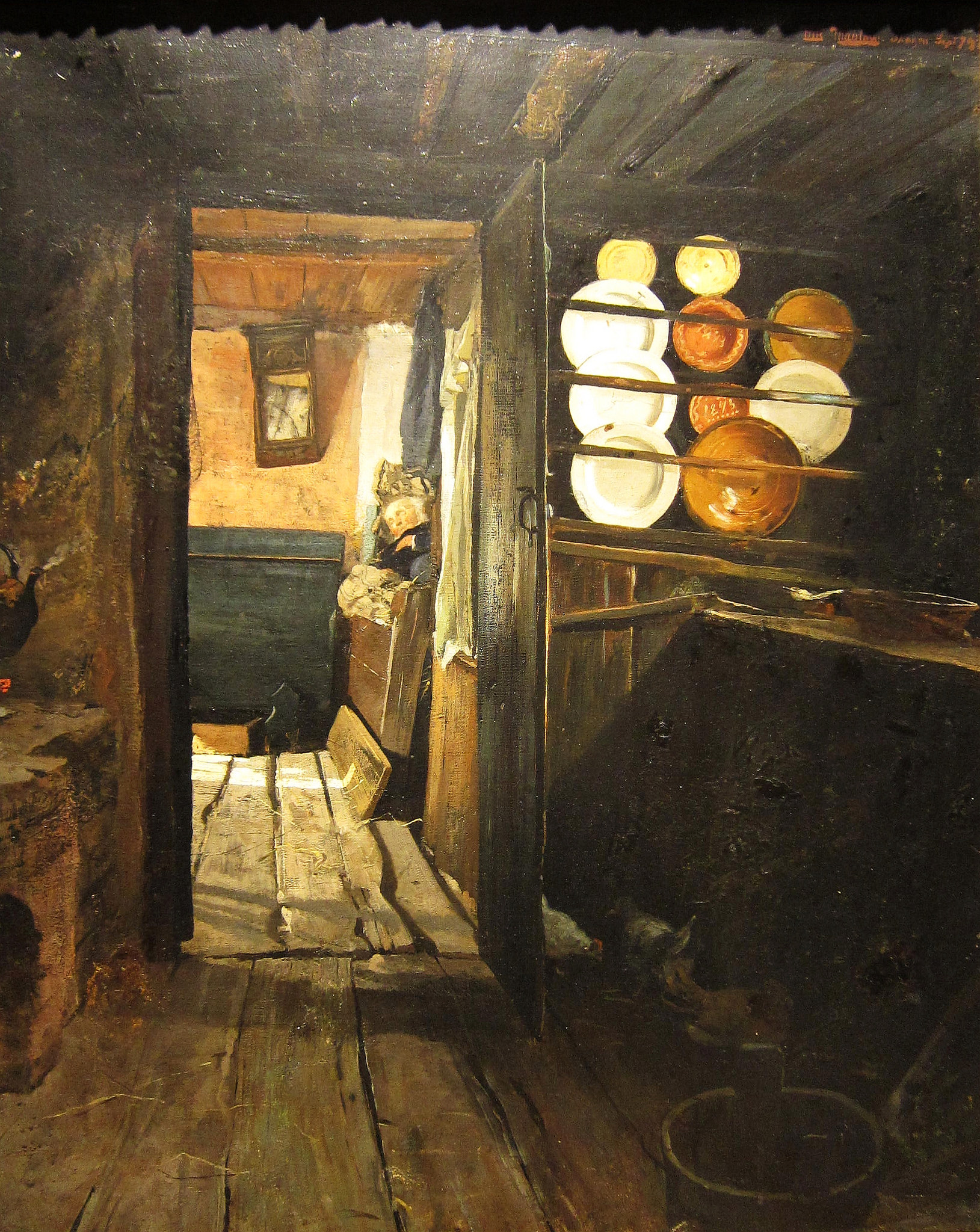
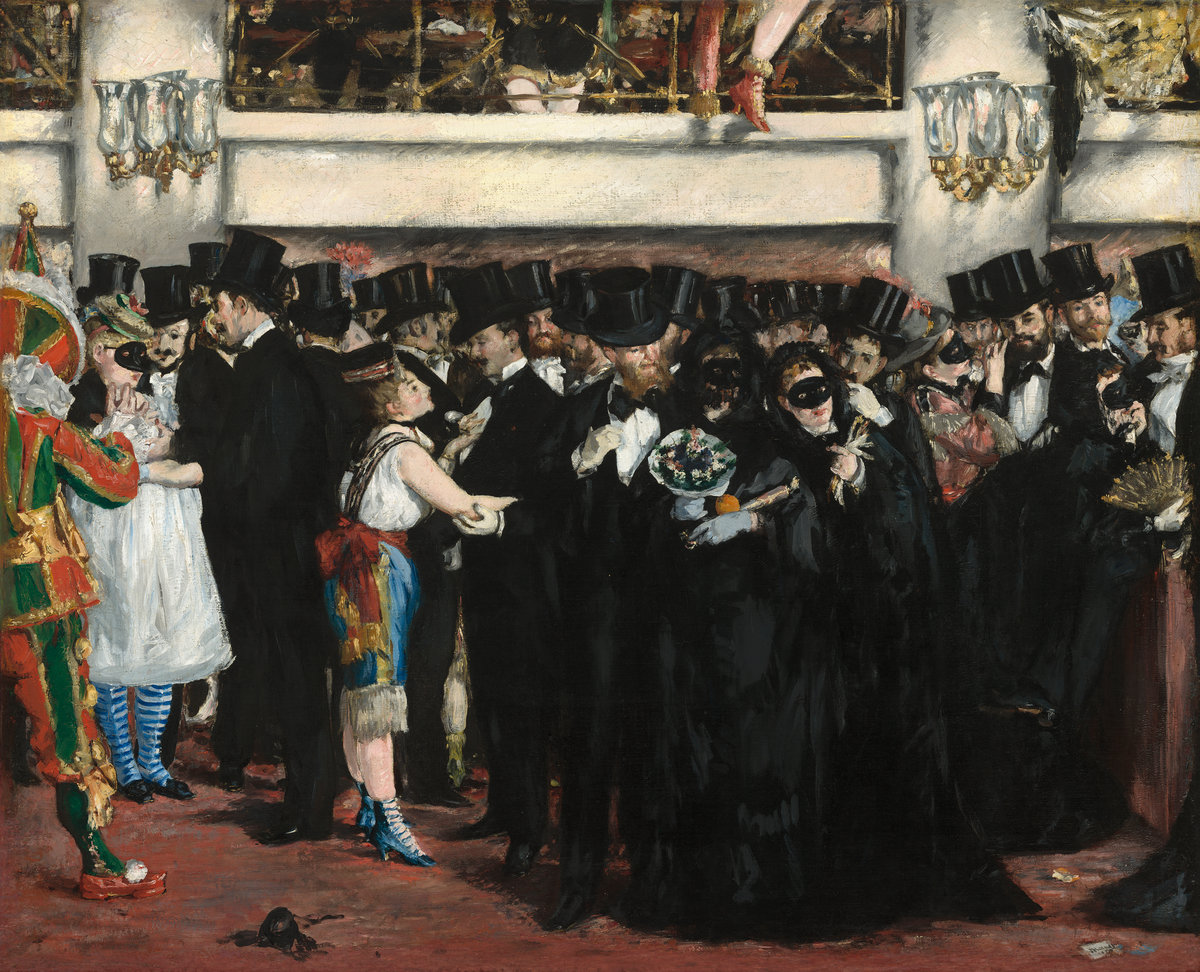
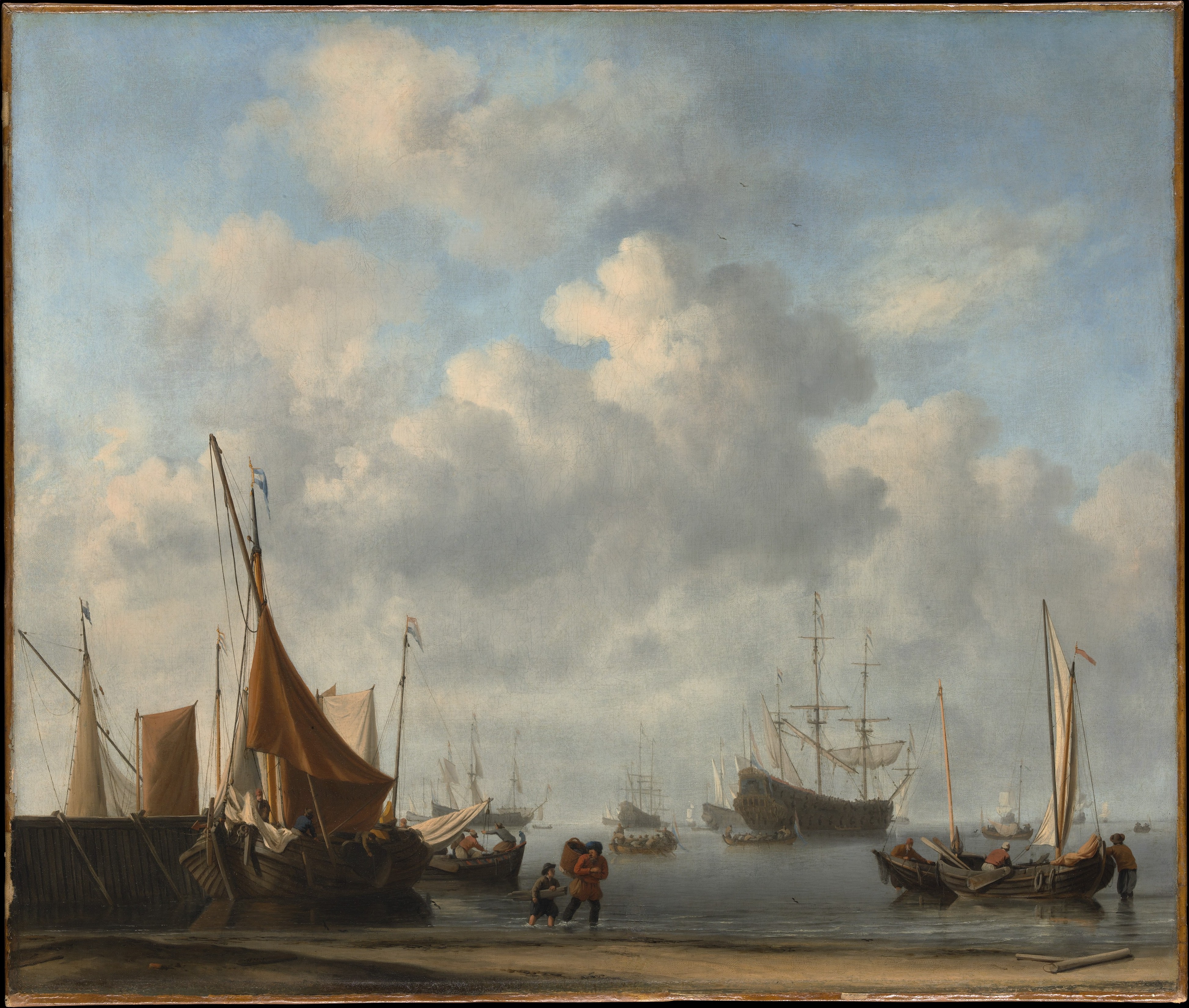
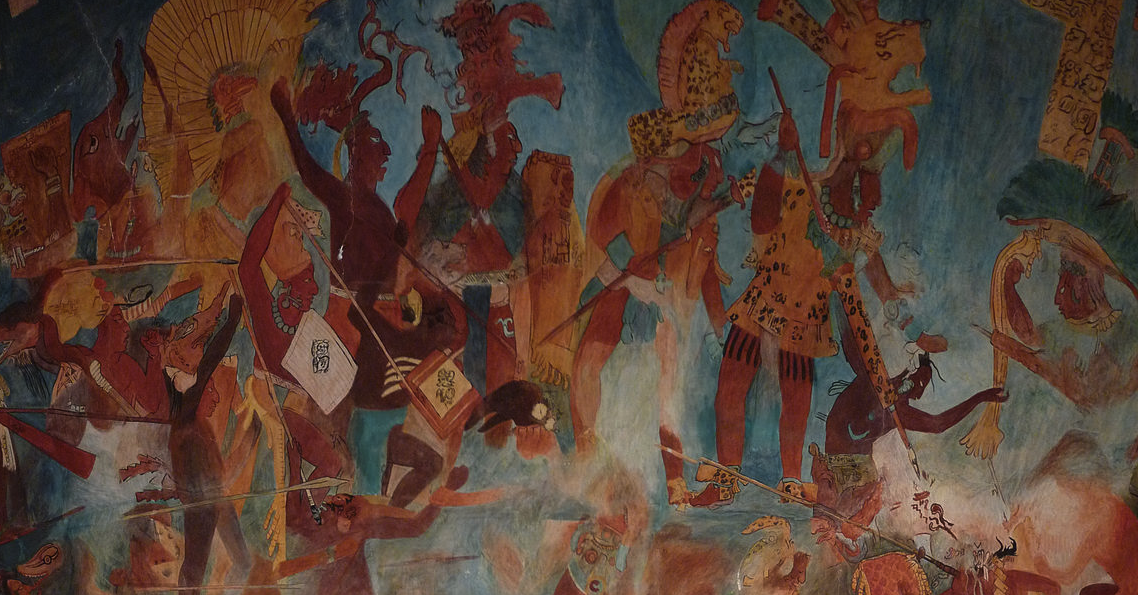

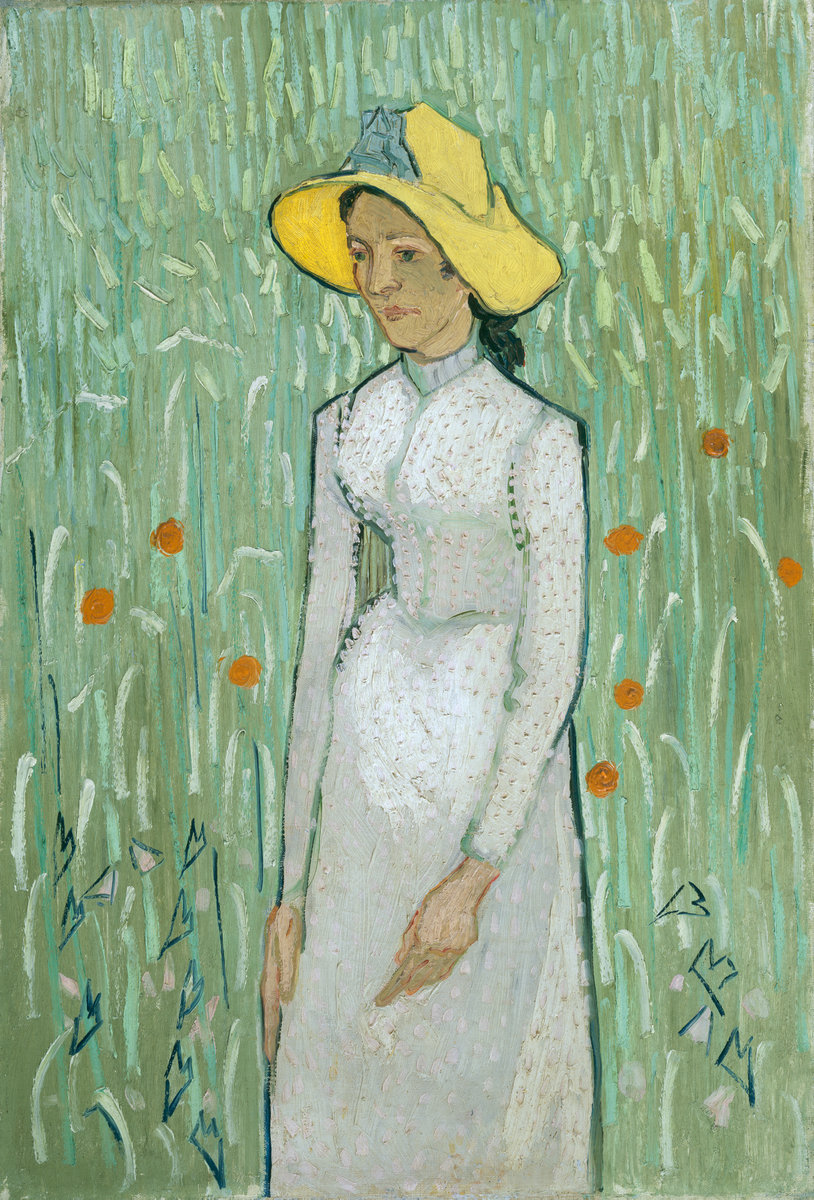
1 comment
Re: Josh Keating, and “terrorism never works, so why do people keep doing it”.
Perhaps that view is similar to asking “if the bad cop is never the one to get the confession in good-cop-bad-cop, then why does one of the cops keep taking the bad-cop role?”